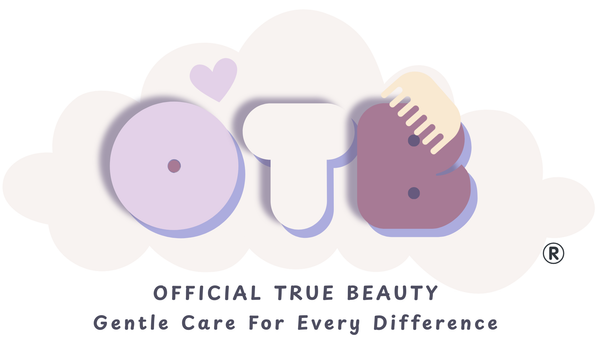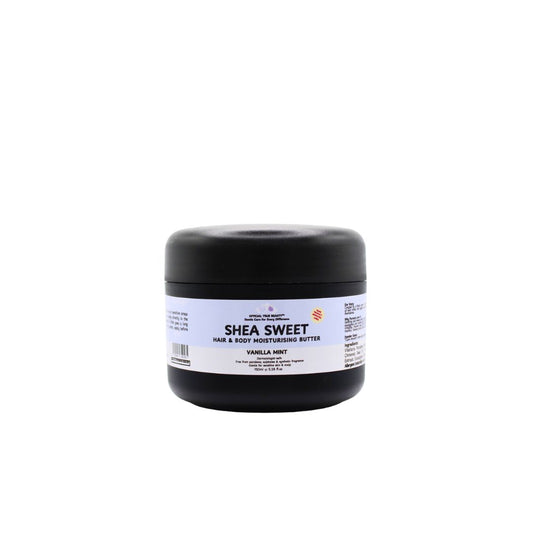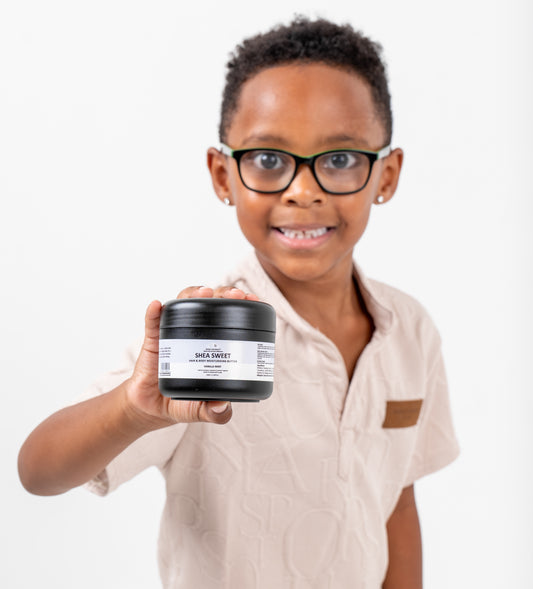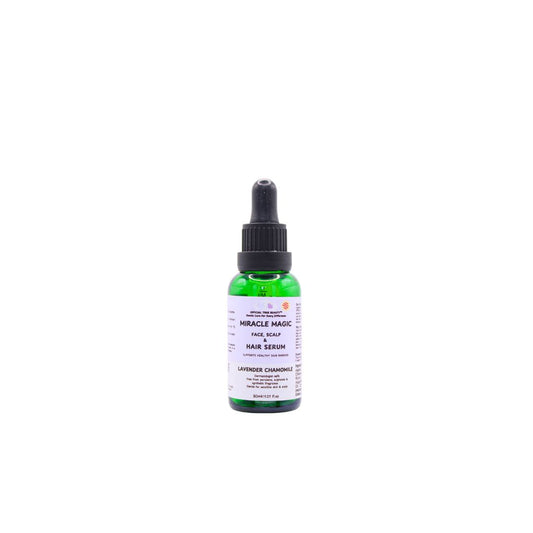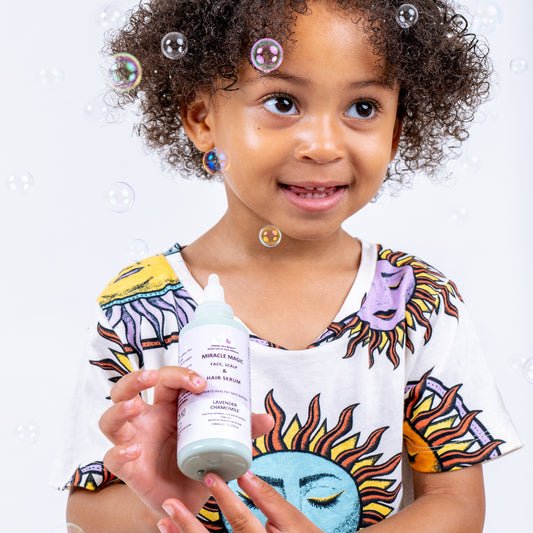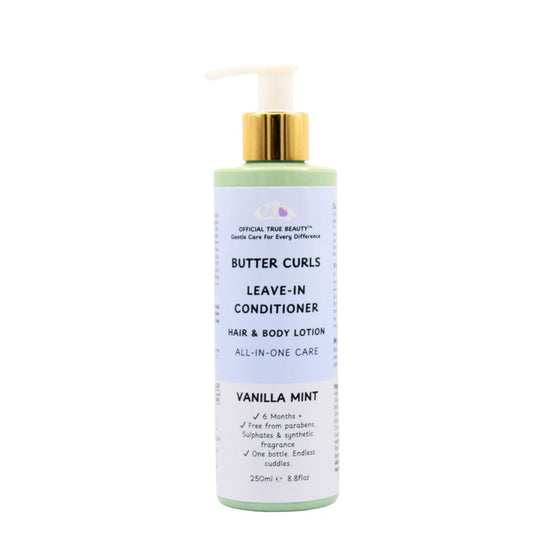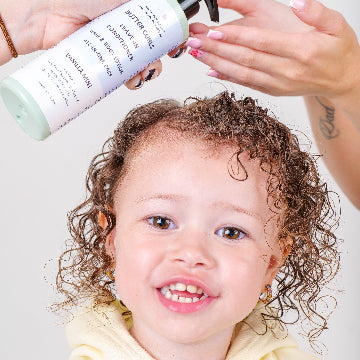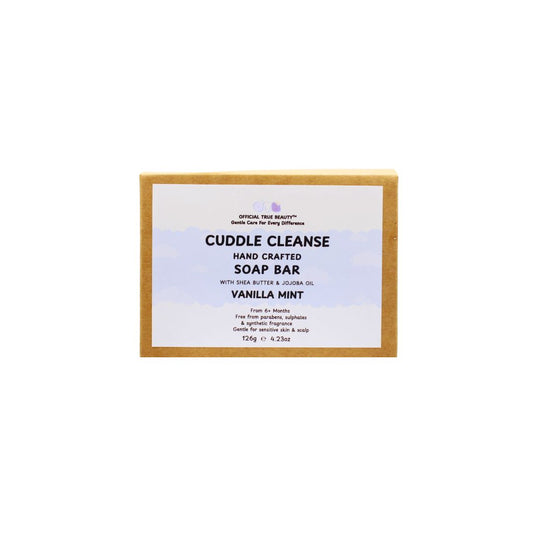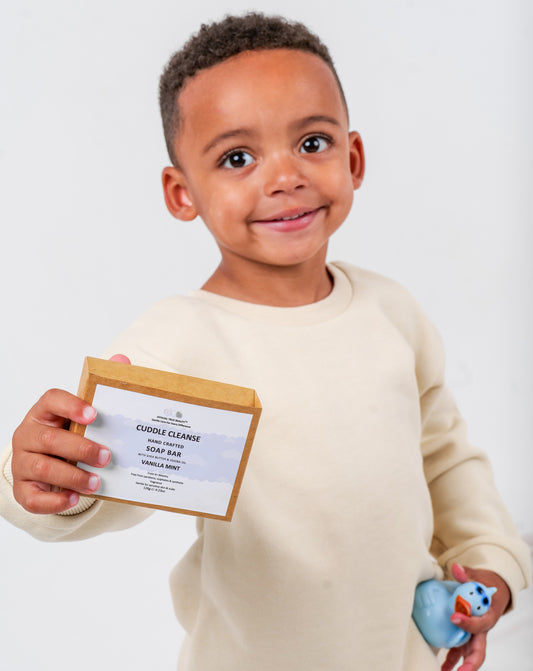
Tips for Newborn Hair and Scalp Care
Newborn hair is delicate and their scalp is still developing its protective barrier. Understanding these differences helps parents create safe, effective routines that support healthy growth while preventing common issues like cradle cap, dryness, and irritation.
Why Newborn Hair and Scalp Need Gentle Care
Newborn hair is finer and weaker than adult hair, and the scalp produces fewer oils. Their skin barrier is immature, making it more prone to dryness, irritation, and sensitivity to harsh products. Over washing or using strong surfactants can strip natural oils, increasing the risk of cradle cap or eczema flare-ups.
Common Newborn Scalp Concerns
- Cradle Cap: A harmless condition causing yellowish, flaky patches, often due to overactive oil glands or yeast on the scalp.
- Dry Scalp: Caused by low sebum production or environmental dryness; can lead to itchiness and discomfort.
- Hair Shedding: Normal hair loss in the first months as hair follicles cycle and stronger hair grows in.
Practical Hair and Scalp Care Tips
- Brush Gently: Use a soft-bristled baby brush to stimulate circulation and remove flakes without causing irritation.
- Limit Shampooing: 2–3 times per week is enough; over washing can strip natural oils.
- Monitor Water Temperature: Lukewarm water (~37°C / 98°F) avoids shocking sensitive skin.
- Introduce Products Slowly: Add one product at a time to detect sensitivities.
- Massage Carefully: Gentle scalp massage encourages circulation and hair growth.
When to Consult a Professional
If cradle cap worsens, shows redness, or seems infected, consult a paediatrician or dermatologist. Persistent dry patches, rashes, or hair loss may indicate eczema, fungal infections, or nutritional issues.
Product Integration Without Overload
Miracle Magic: A light oil to massage scalp, support hydration, and gently reduce flakes. Its natural oils strengthen hair and soothe sensitive skin.
Butter Curls: A multi-use cream that softens hair without weighing it down, perfect for sensitive textures and scalp massage.
Extra Tips for Ongoing Care
- Keep nails short to prevent accidental scratching.
- Use breathable, soft fabrics for hats and sleepwear to reduce irritation.
- Observe hair patterns: shedding, dryness, or texture changes can indicate underlying skin needs.
- Establish short, daily routines — consistency reduces fussiness and supports sensory comfort.
Final Thoughts
Newborn hair and scalp care is about understanding delicate physiology and responding thoughtfully. Gentle routines, sensory-safe products, and careful observation help babies feel comfortable while promoting healthy growth. Explore our sensory-safe collections at Official True Beauty.
